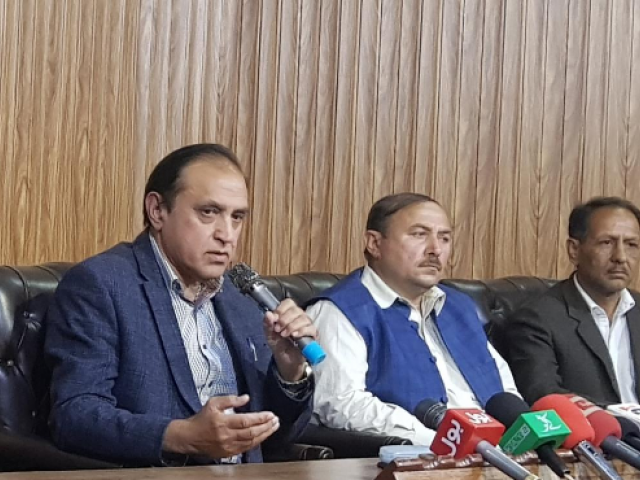By Mesum Qasmi
Bureaucracy has three major roles to play: maintain social order, implement laws and policies framed by the legislature and regulate government functionaries’ working.
It is fortified by and draws power and authority from the constitution to regulate and ensure administrative measures. Being the frontline officers to serve the public, bureaucrats need to create goodwill and friendly environment for the people in their jurisdiction. At times they have to use tools to promote peace and fraternity among various segments of society.
Sadly, in Pakistan bureaucracy had inherited the colonial legacy and over a period of time has now become highly politicised, thus resulting in misuses authority and powers bestowed upon it by the constitution.
Although Mohammad Ali Jinnah’s historic speech is often recalled, they never follow it in practical terms. In his address to civil servants in Peshawar on April 14, 1948, Jinnah had advised civil servants not to be influenced by any political pressure from any political party or individual and perform duty as servants to the people and the state, fearlessly and honestly.
He had reminded them “governments are formed, governments are defeated, prime ministers come and go, ministers come and go, but you stay on.” He also called upon leaders and politicians’ to desist from exercising political pressure on civil servants as “it only leads to corruption, bribery and nepotism.”
Over a period of time, successive governments politicised bureaucracy and used it for their political interests. According to a scholar “loyalty to political establishment is now regarded as a crucial requirement in a bureaucrat. This shift from the principle of political neutrality to the practice of political allegiance has affected both the development agenda as well as the institutions of the country.”
Gilgit-Baltistan, strategically a sensitive chunk, prone to internal and external threats that result in unrest and chaos, is considered metaphorically the pasture land for bureaucrats. So it is vital to have a strong administrative structure to avoid any law and order situation in these areas.
In Gilgit-Baltistan, bureaucracy is stronger than political players. This was evident from an incident occurred a couple of days ago when Dr Muhammed Iqbal, Minister for Works, tried to assert his powers but had to resign following a scuffle with Secretary Home Department Muhammad Ali Randhawa on easing amid corona pandemic lockdown in Gilgit-Baltistan.
Unfortunately, the divide between political leadership and civil-military bureaucracy is impeding the development in the region is not uncertain. The determinants of strong bureaucracy indicate incompetency of political figures that always create a vacuum to be filled by civil-military bureaucrats. The politicians with shuddering attitude and shaky statements stand nowhere when there is a natural calamity, disaster or emergency.
The elected representatives mostly from ruling elite class lack the political will and are not capable to address the issues. Most of the time, they are involved in some real or perceived scam, corruption and alleged nepotism. Weak democratic institutions like GB Assembly has failed so far to protect the sanctity of vote.
How would a voter feel when his or her minister put forward resignation after four years and just before the upcoming election saying he can’t compromise on principles? The ministers prefer to make money and win projects for their kith and kin instead of serving the public. If the politicians are interested to work for democracy, according to the aspirations of people then they need to raise their standards beyond trivial protocol.
However, this fact doesn’t absolve bureaucracy from the fundamental duty of serving the people. They need to implement the policies and thus strengthen the institutions as humble servants of the people and not their masters.
The weaknesses in the political system shouldn’t be translated as an absolute authority of the bureaucracy, some check and balances should be there, not a tug of war between these institutions but only to safeguard the public interest.
Mesum Qasmi is a telecom engineer with diverse experience in national and international telecom operators.masam31@gmail.com

The High Asia Herald is a member of High Asia Media Group — a window to High Asia and Central Asia

